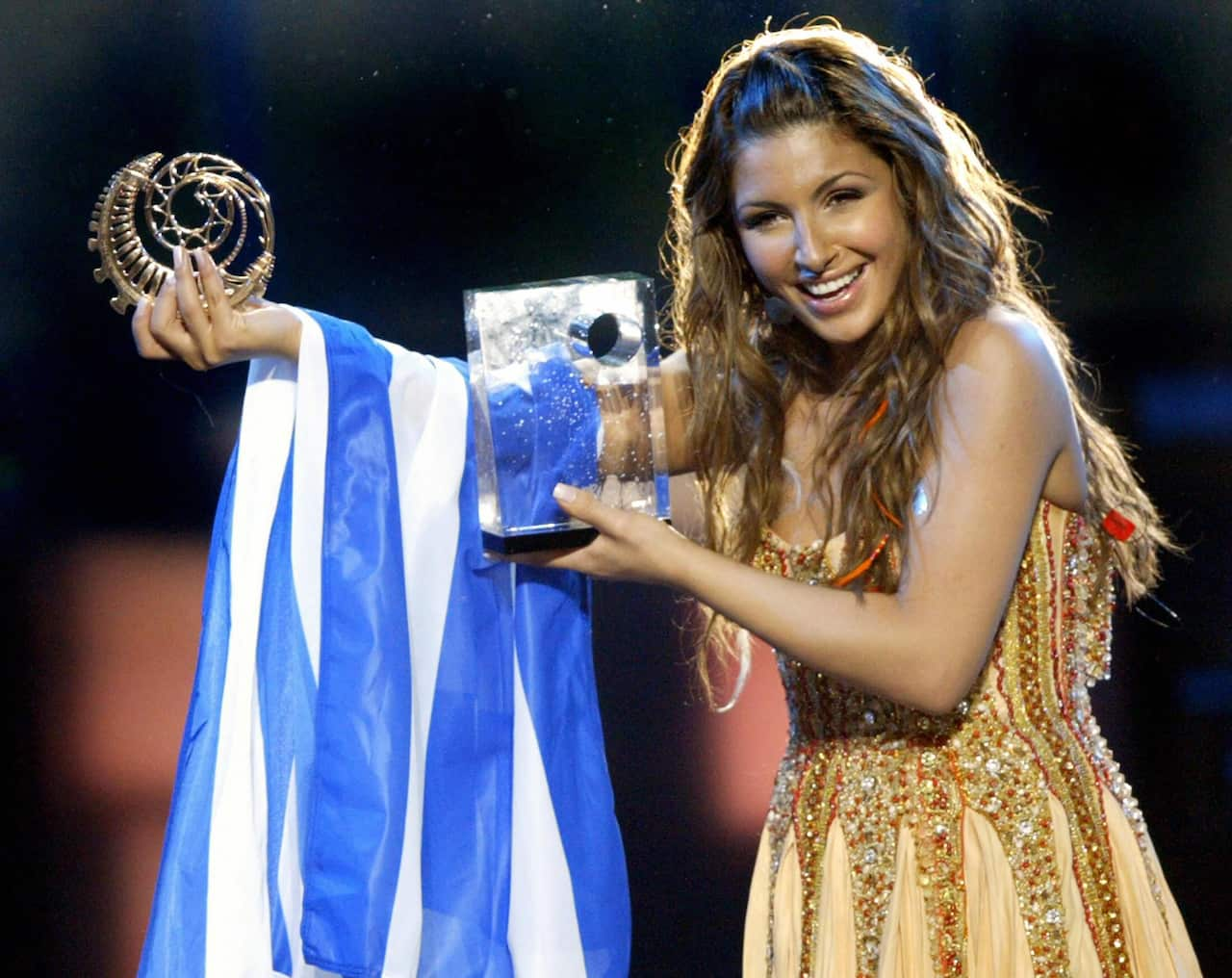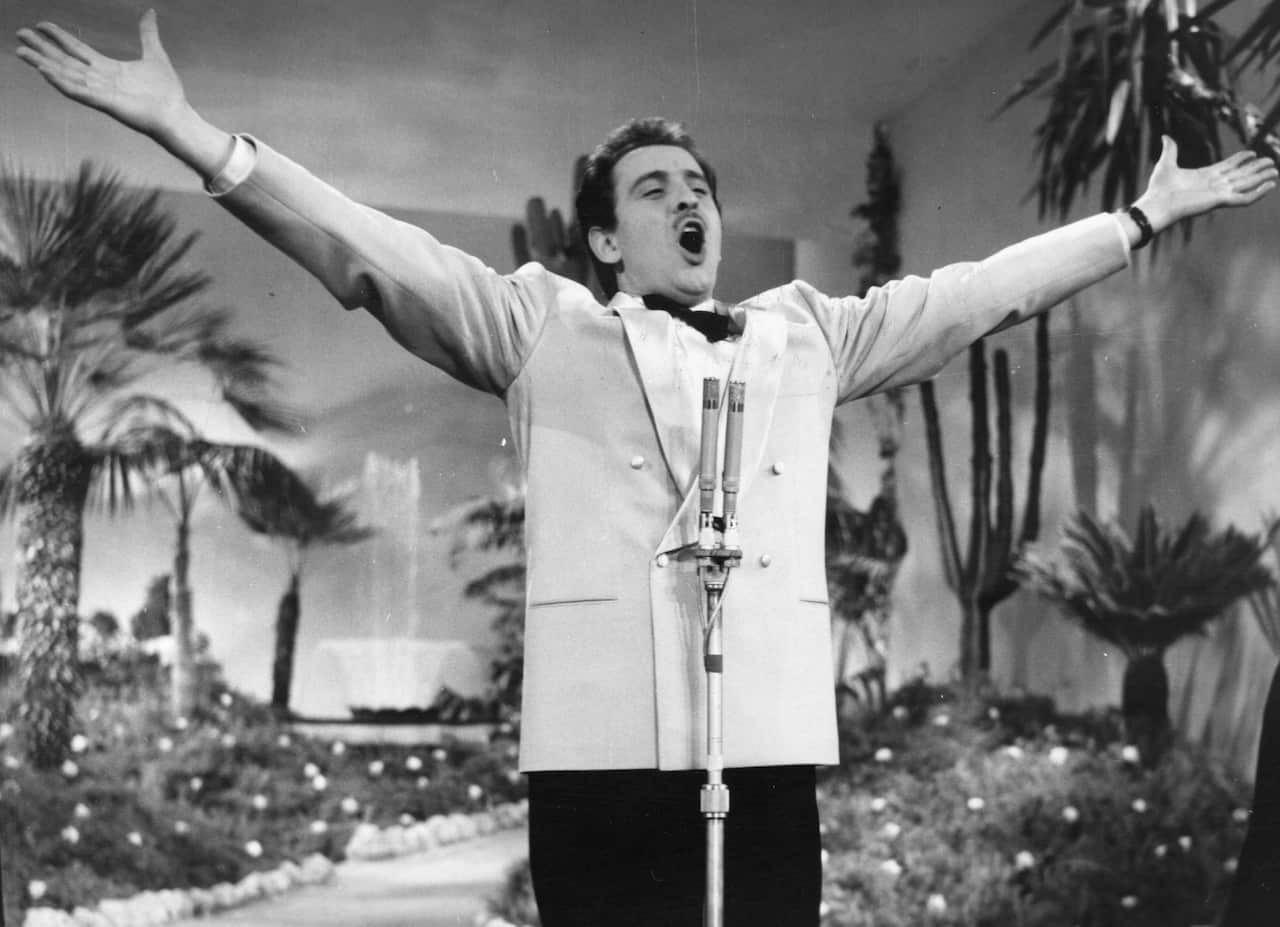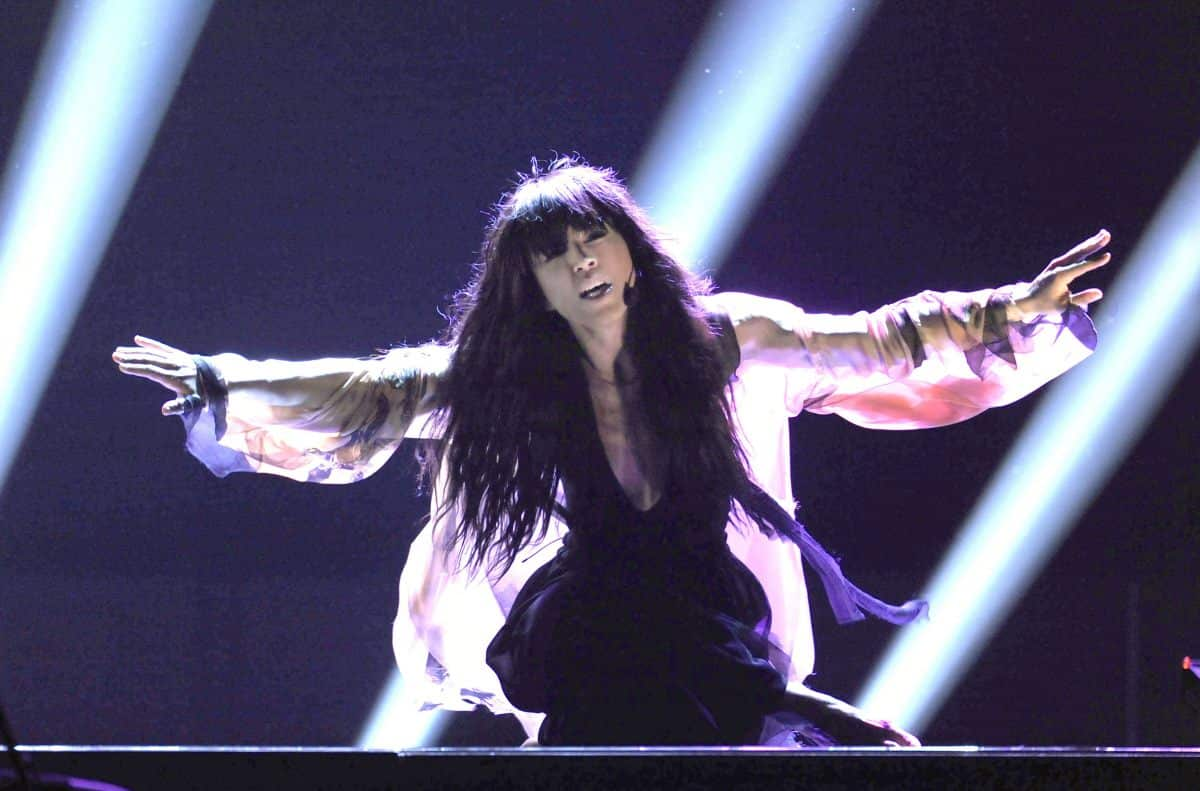I can’t remember the exact year that I first started watching Eurovision, but it is a vague memory that I associate with growing up in the 1980s as the child of migrants.
My family and I would watch it together, chortling over Terry Wogan’s commentary, pretending that we could count in French, and cheering on Italy for the principle of the thing - after all, we were from there.
I lost touch with Eurovision during my teenage years. It was a time of wearing too much black and listening to grunge because pop music could not express how I was a deep feeling person, who felt things, deeply.
But in the early 2000s, after a long trip to Europe and a much-needed bout of getting over myself, I found myself one Sunday night, once again chortling over Terry Wogan’s commentary, pretending to count in French, and texting my friends who also happened to be watching Eurovision at the same time. A fan was reborn.
My own Eurovision parties began small - just a few friends, a cheese platter, and a lot of red wine - but soon I found a friend who was just as mad for the event as I was.
After bonding over contemporary European politics, voting blocs, and how Ukraine is so frequently our favourite performance each year, Mitchell and I became a Eurovision party powerhouse duo. Each year we gathered a disparate group of friends to dress up, lay out a multicultural feast, vote, and receive prizes for best costume.
Eurovision was a strong point of connection for us and our various shared interests (politics, music, food), but we also had other, personal reasons for loving the ‘Vision.
For me, it was those old childhood memories of family and connection to our European past.
For Mitchell, Eurovision is an event where “difference isn’t just tolerated, it’s celebrated and rewarded”.
Dana International’s victory in 1998 was a particularly poignant moment for him: “As a young gay kid in country NSW, seeing a dark-skinned Jewish transvestite win Eurovision completely changed the way I understood diversity.”

Diversity and acceptance are strong themes in all Eurovision fan stories I have encountered.
Anna, a student in Melbourne, connects her love of Eurovision to her Greek Australian identity. She started watching Eurovision in 2005 - “when Greece won”, she said with a proud smile.

Like my own childhood memories of Eurovision in the 1980s, Anna’s family play a big part in the early days of her fandom, but she has since developed a whole diverse community of friends who help her to decorate her house, make flag-themed cakes, and dress up as their favourite country to win.
As an Australian from a migrant background, Anna loves how Eurovision allows her and other friends to “see [their] culture on the stage”, and to feel a sense of transnational connection to their European heritage.
Focusing on politics, communities and identities, it might be easy to forget one of the biggest reasons why Australians love Eurovision: the music!
Eurovision’s detractors might deride the music as low-grade kitsch pop, but Australian fans welcome the songs as a refreshing break from mainstream, US-dominated pop music.
Drew, a Eurovision fan from Sydney who used to work in music promotion, describes Eurovision as “musically liberating.”
It is, he says, “a license to drop judgment about credibility”.
Fans may disagree over winning songs and best performances, but they agree that the music is, for the most part, well worth listening to.

Eurovision is famed for launching the careers of big names like ABBA and Celine Dion, and many will be familiar with Italy’s 1958 entry, “Nel dipinto di blu” or, as it is popularly (and incorrectly) known, “Volare”.

It is not just the classics that have found success. In recent years, Eurovision winners have been breaking into international markets, such as Loreen’s 2012 winning song for Sweden, “Euphoria” which became a mainstay in gay clubs and on commercial radio in Australia.

For fans in both Australia and Europe, Eurovision is not “just” a song contest. Sure, we love the music, but it is also about so much more.
It is a litmus for European politics and economy. It is a centre of community and a site of acceptance. With a great soundtrack.
Dr Jess Carniel is a researcher at the University of Southern Queensland conducting a project on Eurovision in Australia. If you would like to share your fan story with her, you can contact her via email or on Twitter.
